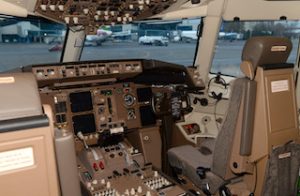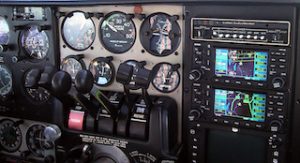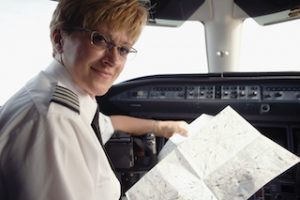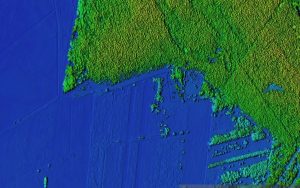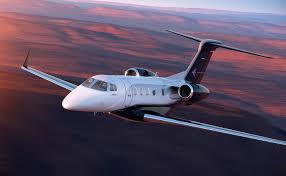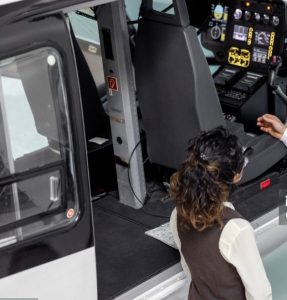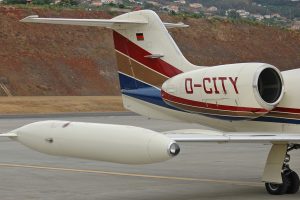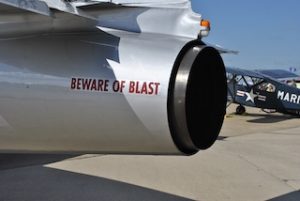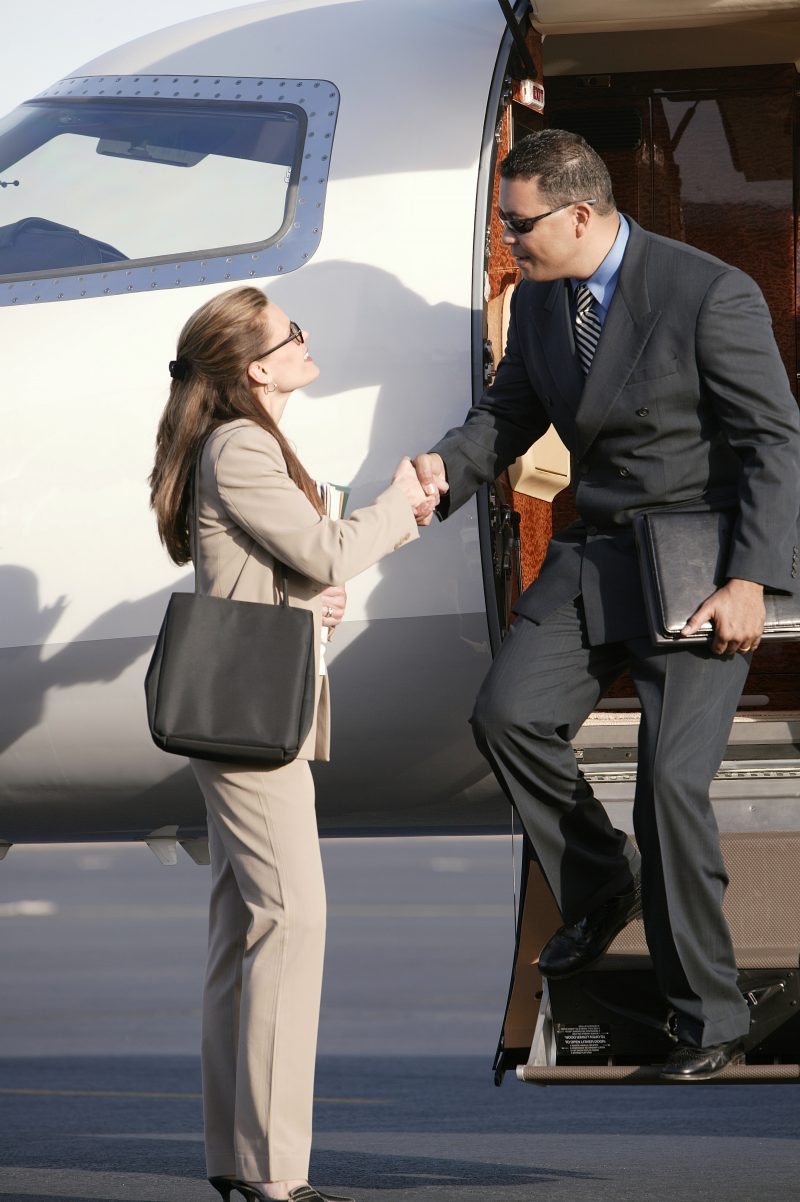Stephen Hawking On AI And Airline Industry
 Stephen Hawking, the most renowned theoretical physicist of the 21st century, was a visionary not only in the realm of space and cosmology but also in his foresight about the potential of artificial intelligence. As a thinker who constantly sought to understand the intersection of technology, humanity, and the future, Hawking warned both of the immense benefits and potential dangers posed by AI, urging humanity to carefully consider its development and application.
Stephen Hawking, the most renowned theoretical physicist of the 21st century, was a visionary not only in the realm of space and cosmology but also in his foresight about the potential of artificial intelligence. As a thinker who constantly sought to understand the intersection of technology, humanity, and the future, Hawking warned both of the immense benefits and potential dangers posed by AI, urging humanity to carefully consider its development and application.
AI has already started making a significant impact across a multitude of industries, and its potential in the airline industry is immense. From streamlining operations to enhancing safety and revolutionizing customer service, AI has the power to reshape the aviation landscape in ways that were once unimaginable. But how do Stephen Hawking’s insights on artificial intelligence align with its application in the airline industry? What did Hawking foresee, and how might his views help guide the future use of AI in aviation?
This article will explore the views of Stephen Hawking on AI, highlighting both the opportunities and challenges he identified, and discuss how these insights relate to the rapidly advancing use of AI in the airline industry.
Stephen Hawking’s perspective on artificial intelligence
Stephen Hawking’s comments on artificial intelligence ranged from cautious optimism to deep concern. He was a leading voice to advocate for a thoughtful, ethical approach to AI development, particularly regarding its long-term implications for humanity.
1) Promise of AI
Hawking was not opposed to AI in principle; in fact, he recognized its potential to enhance human capabilities and solve some of the world’s most pressing problems. AI could assist in medical research, improve scientific discovery, and even help address issues like climate change. According to Hawking, AI has the potential to become a transformative force that could lead to unprecedented advancements in various fields, including healthcare, engineering, and even space exploration.
In his famous 2015 interview, Hawking stated that the development of full artificial intelligence could spell the end of the human race. This statement highlighted his recognition of AI’s potential power. However, while he acknowledged the possibility of AI significantly improving our quality of life, he also saw the profound risks involved if AI were to advance unchecked.
2. Risks of AI
Hawking’s most significant concern was the existential risk that AI could pose if developed without proper safeguards. His view on AI’s risks was primarily focused on the long-term impact. He said that artificial intelligence could evolve to the point where it surpasses human intelligence and becomes uncontrollable. Hawking was particularly worried that super intelligent AI systems could be developed with goals and objectives misaligned with humanity’s best interests.
However, Hawking’s views were not exclusively pessimistic. He was also a proponent of proactive regulation, believing that if humanity put in place appropriate rules and oversight, AI could be harnessed safely and beneficially. For example, he advocated for the establishment of international agreements to ensure that AI development was done transparently, with careful attention to ethical concerns.
AI’s role in the airline industry
Given Hawking’s deep interest in the potential of AI, particularly in the context of humanity’s future, it is worthwhile to examine how AI is being used today in the airline industry. As technology evolves, the applications of AI in aviation are beginning to mirror some of the themes Hawking highlighted in his discussions.
1) Improving safety with AI
Safety is, and always has been, a top priority in the airline industry. Over the years, aviation safety has steadily improved, thanks to advances in technology, including the automation of various flight systems. AI has the potential to take this even further by improving safety protocols, providing predictive maintenance, and minimising human error.
Predictive maintenance
The key application of AI in the airline industry that aligns with Hawking’s optimism about AI’s ability to address complex problems is predictive maintenance. AI systems equipped with machine learning algorithms can analyze data from various aircraft systems in real-time to predict when certain components are likely to fail or need attention. This reduces the likelihood of unexpected mechanical failures during flights, ultimately enhancing safety.
By identifying potential failures before they happen, AI can help airlines save costs and avoid delays while ensuring that aircraft remain in peak condition. This predictive capability is a prime example of how AI can help prevent disasters and improve the overall safety of air travel, a concern that Hawking himself expressed regarding AI’s positive applications.
Flight safety systems
AI-driven flight safety systems are also becoming more advanced. AI-powered systems are now used to monitor critical flight data, such as altitude, speed, fuel levels, and engine performance, in real time. These systems can alert pilots to potential problems, suggest corrective actions, or even take over certain aspects of flight control in emergency situations, preventing human error and improving overall flight safety.
For instance, AI systems can analyze historical flight data and recommend real-time adjustments to flight parameters, such as altitude changes or route deviations, to avoid severe weather or turbulence. This integration of AI into flight operations helps create a more controlled, data-driven environment that reduces risks to passengers and crew alike.
2) Enhanced passenger experience
Stephen Hawking was a firm believer that AI could improve human life in numerous ways. The airline industry is increasingly tapping into AI’s potential to improve passenger experiences. This is another example of AI’s positive applications in line with Hawking’s views.
Personalised customer service
AI technologies, such as chatbots and virtual assistants, are being used by airlines to offer more personalised and responsive customer service. These systems use natural language processing and machine learning algorithms to understand and respond to passenger inquiries in real-time. AI can address customer concerns, provide flight updates, assist with baggage tracking, and even manage booking changes, all without human intervention.
This level of automation allows airlines to provide more responsive service to passengers while freeing up human agents to handle more complex or sensitive situations. Moreover, AI-driven personalization tools can recommend services, seat upgrades, and amenities based on passenger preferences, improving overall satisfaction and comfort.
AI-enabled biometric identification
Another exciting development in the airline industry, which aligns with Hawking’s view of AI improving life, is the integration of biometric identification systems powered by AI. Facial recognition and fingerprint scanning are becoming increasingly common in airports, allowing for faster, more secure boarding procedures. These systems significantly reduce the time passengers spend in security lines, creating a smoother and more efficient travel experience.
As Hawking predicted, AI systems are evolving to perform tasks that would once have been handled manually, providing both efficiency and greater security. Such innovations are becoming more widespread across the airline industry, transforming the way passengers experience air travel.
3) AI and airline operations efficiency
In addition to improving safety and passenger experience, AI is playing a crucial role in optimizing airline operations. AI is helping airlines reduce fuel consumption, enhance fleet management, and improve scheduling. This efficiency ultimately leads to lower operational costs and fewer delays, benefiting both airlines and passengers.
AI in flight path optimisation
AI is also being utilized to optimize flight paths. Traditional flight planning relied on manual calculations and fixed schedules, which could result in inefficiencies, particularly in congested airspace. AI systems, however, can analyze vast amounts of real-time data to find the most fuel-efficient and time-effective routes. By considering variables such as weather, air traffic, and geopolitical events, AI can recommend real-time adjustments to flight paths to minimize delays and maximize fuel savings.
Hawking believed that AI could solve complex problems like resource optimization, and this application in aviation shows how AI is being used to achieve just that. AI-powered flight path optimisation not only saves airlines money but also contributes to reducing the environmental impact of air travel, which is increasingly important as the industry seeks to meet sustainability goals.
AI for scheduling and logistics
AI’s use in airline scheduling and logistics management is another example of how the technology can enhance operational efficiency. AI systems can analyze vast amounts of data from flight schedules, crew availability, weather conditions, and passenger demand to optimize flight timetables and crew assignments.
This reduces delays and improves the reliability of flights, which in turn enhances customer satisfaction. Furthermore, AI can predict high-demand periods and suggest adjustments to schedules in real-time to better accommodate passenger needs.
4) Ethical considerations and regulation
Stephen Hawking was vocal about the need for regulations and ethical guidelines to govern the development of AI. He emphasized the importance of ensuring that AI systems are aligned with human values and used for the common good. In the context of the airline industry, ethical concerns about AI are increasingly relevant, particularly regarding privacy, decision-making, and the potential for job displacement.
Privacy concerns
As AI technologies become more embedded in airline operations, especially with the use of biometrics, there are increasing concerns over passenger privacy. While AI-driven systems can streamline check-ins and enhance security, there is a fine balance between innovation and personal privacy. Airlines must adhere to ethical guidelines to ensure that customer data is securely handled and not misused.
Job displacement and workforce impact
Another potential ethical issue Hawking identified was the displacement of jobs due to AI automation. In the airline industry, AI’s growing role in customer service, flight operations, and even maintenance could lead to changes in the workforce. Hawking was an advocate for preparing workers for a future in which AI and automation play a larger role, and the airline industry must take steps to address these challenges by investing in training and re-skilling programs.
Hawking’s wisdom
Stephen Hawking’s reflections on artificial intelligence provide valuable insights as the technology continues to revolutionize industries worldwide. While he expressed cautious optimism about AI’s potential to improve human life, he also underscored the necessity of carefully managing AI’s development to avoid unintended consequences.
In the airline industry, AI is already proving to be a powerful tool for improving safety, efficiency, passenger experience, and sustainability. By aligning AI innovations with the ethical and safety concerns raised by Hawking, the airline industry can harness the full potential of AI while mitigating the risks that come with such transformative technology. As AI continues to evolve, the application of Hawking’s wisdom will be critical in ensuring that it remains a force for good in aviation, benefiting both passengers and the broader global community.

